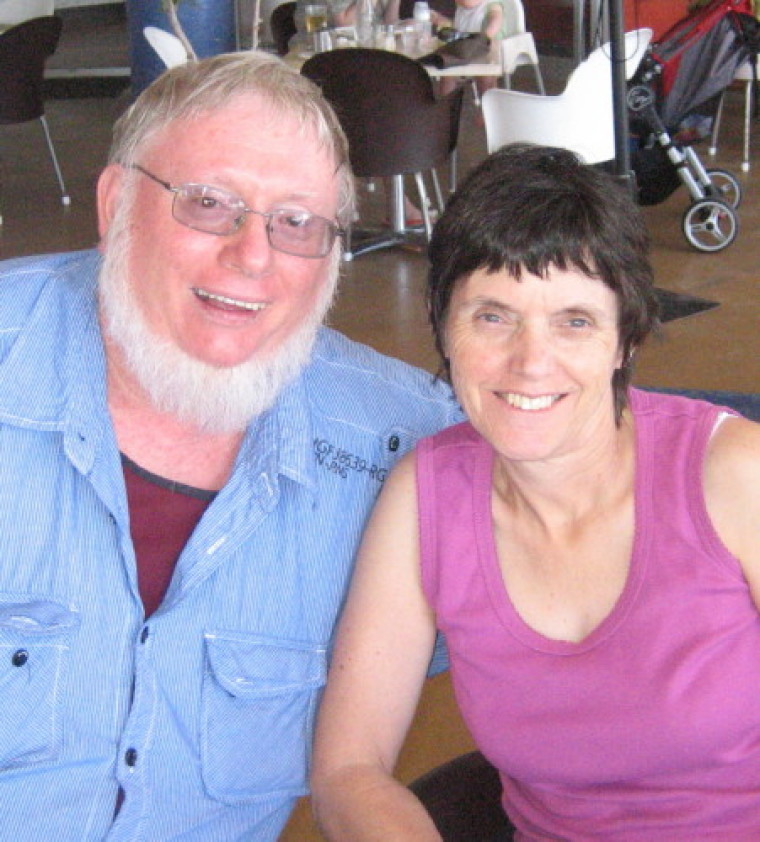
If Christian youngsters find difficulty in finding a marriage partner, perhaps widowed or divorced Christians who are not so young have similar difficulties. Two of the groups with the lowest divorce rates (although these are not far below the wider society) are self-identified evangelical Christians and groups with higher education (these overlap of course). (www.christianpost.com)
These are the two groups in society that would 'seem' to be the fussiest in choosing a partner with similar ideals and philosophies. The higher education group would want a partner they could 'talk to', where both partners felt free to pursue a career if they wanted, and who had a compatible philosophy of life and standard of living.
The most committed 'evangelical' Christians would want these things too, with the added provision they would want a partner whose beliefs indicated that Jesus was a central part of their life, and they would want a commitment to bring up their family in this faith. (This also generally applies to Jews, Muslims … whomever).
It would seem to Mark Tronson, therefore, that the extra effort involved in looking for these 'ideals' in a partner is working as well as anything works in our society – certainly in the Australian situation. It would seem that, in America at least, those two groups who are specifically looking for someone to share not only their house and bed with, but to share a common faith and commitment to family values, are those who are more likely to stay together.
The problem that is continually aired in popular press and TV programs, and which Mark Tronson sees with relatives and friends, is that young people are having trouble finding places to meet such compatible partners. In the past generation, since higher education has become available to more and more young people, many couples met while at University or in the workplace where they may have been doing similar work. Christian young people met at a variety of church functions or young peoples' Christian camps or activities.
Mark Tronson says that from his observation, a paradigm shift amongst Christians is in a process of change in relation to this specific question. It has largely come out of the Pentecostal movement where the Holy Spirit is the guiding force for all of life's decisions.
In this new paradigm, it doesn't matter what the venue is, in its simplest form, the Spirit of the Lord will guide you to your soul mate.
This is where it becomes a bit tricky, Mark Tronson explains. This new paradigm says it does not matter that the 'venue' might be a wine bar, a holiday on a cruise or on the Whitsundays, a Kakadu trek, a disco club, a hobby destination such as a walking club, the work place, a university college, on-line (which is very popular today) … but it may not be, and quite possibly unlikely to be the church or the youth group or the Christian camp.
The emphasis has changed.
Indeed, the place where the Holy Spirit will surprise you with the romance of your dreams features less on the church and reading your Bible, as it does on your personal and individualistic sense on the Spirit of the Lord's wisdom and guidance.
Mark Tronson says that it will be interesting in a generation or so to look back and ascertain whether this changing paradigm has achieved what it set out to do, finding marriageable partners and tying the knot.